Description
Adeus Pai 1996
1h 25min | Drama | 20 December 1996 (Portugal)
Storyline:
For a 13-year-old boy like Filipe, the prospect of a summer vacation in the Azores with his father is like a dream come true. But dreams are sometimes just a way to avoid facing reality…
User review:
This film, for everything it shows, could only be shot in Azores. Archipelago in the middle of the Atlantic, the present says it’s Portuguese territory with Portuguese people, the history says it could have been the top of the mountains of Atlântida; country in the dreams and conscience of the whole Occidental civilization, living today (and 11 years ago, the year of the picture)on the verge of self destruction, for encouraging for (too) many years the evolution of the “material” as opposite to “spiritual” everyday more lost, everyday more in need. Azores, islands of dreams; this film is a dream and its theme is precisely what we’ve been loosing. Choosing Azores, is seeking origin, is seeking purity.
Story
A simple device – off voice narrated story, this is assumed from the beginning of the film, we don’t know until very close to the end that it is the boy, the off voice, who is generating the plot as the picture moves along. The second part is the unveiling of everything. Reveiling all the inspiration sources, it shows how inspiration can come, in the most innocent and open of minds, the one of a child.
“once upon a time there was a son who wanted to have a father who wanted to have a son”. This quite sums it… this is story folding of terrific quality
Camera work
This is one of the most intelligent and subtle camera works i have observed lately. Ultimately, one can almost consider it as the complement of dialogue, the descriptions we don’t get through dialogue nor off voice narration so, the camera is the boy’s imagination. Subtlety is its trade mark. Sublime work, completely adequate in every moment, in every intention.
Photography
Impressively good. It’s very hard to find this kind of precision of contrasts and this understanding/interpretation of the light of a cinema set (though on real location, it was temporarily a cinema set), even in richer productions. This is a painter’s work, the baroque painters, specially Rembrandt, worked light on the same basis. Once again i am astounded.
Music
In a time when Delfins were a band worth listening, though not known outside Portugal (foreigners loose), the soundtrack is made of a catchy, ear friendly tune and a necessary number of simple, almost minimalistic pop-rock instrumental themes. Solid work, maybe not reaching the quality of photography and camera in terms of adequacy to the moments, but good anyway.
The film is a fable of miscommunication and empty relation, redeemed by the dream of the one who hasn’t been corrupted yet. It’s a story of emotional heartbreak, not developed feelings; ultimately the occidental contemporary cancer which is the disproportion between the daily life value of relations and money. Too me, more important than understanding the mental mechanics behind every story folding trick, camera work, etc. is the capacity of feeling invaded and (more or less) identify with the thing. That will probably tell something about you.
My evaluation: 4/5 (almost getting to 5)
Director: Luís Filipe Rocha
Writer: Luís Filipe Rocha
Stars: Afonso Pimentel, João Lagarto, Laura Soveral
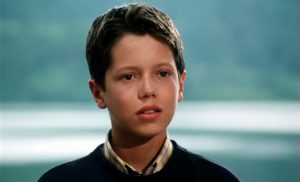
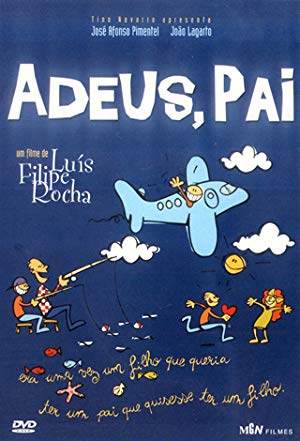
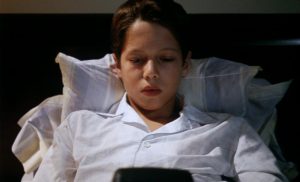
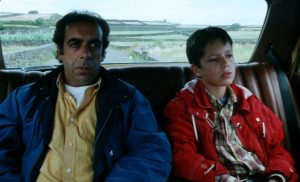
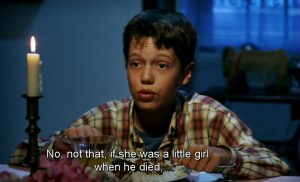
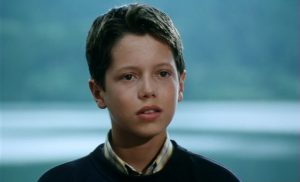
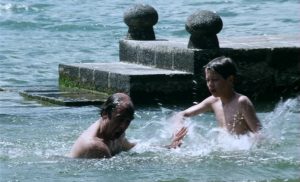
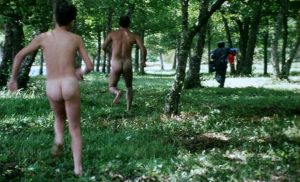

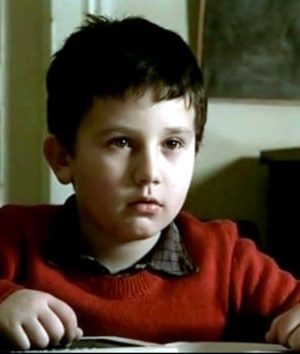
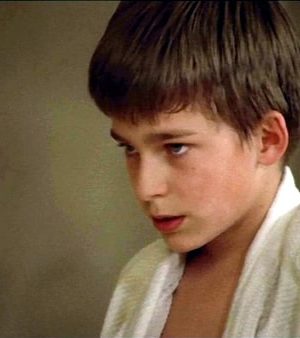
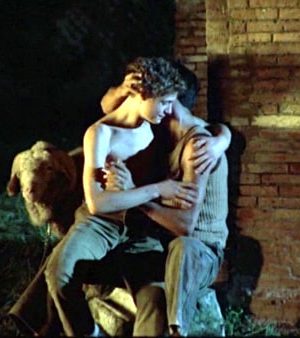
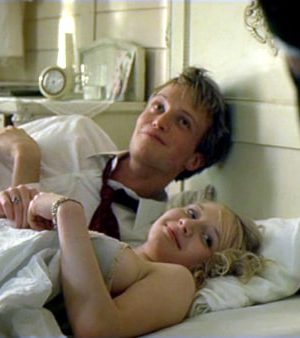


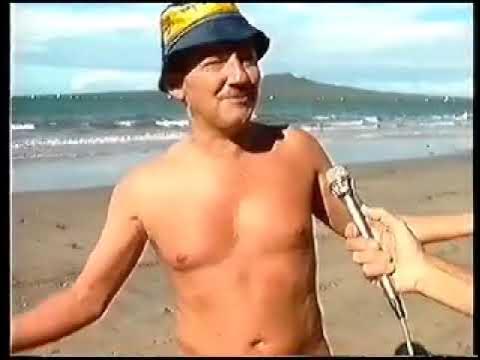
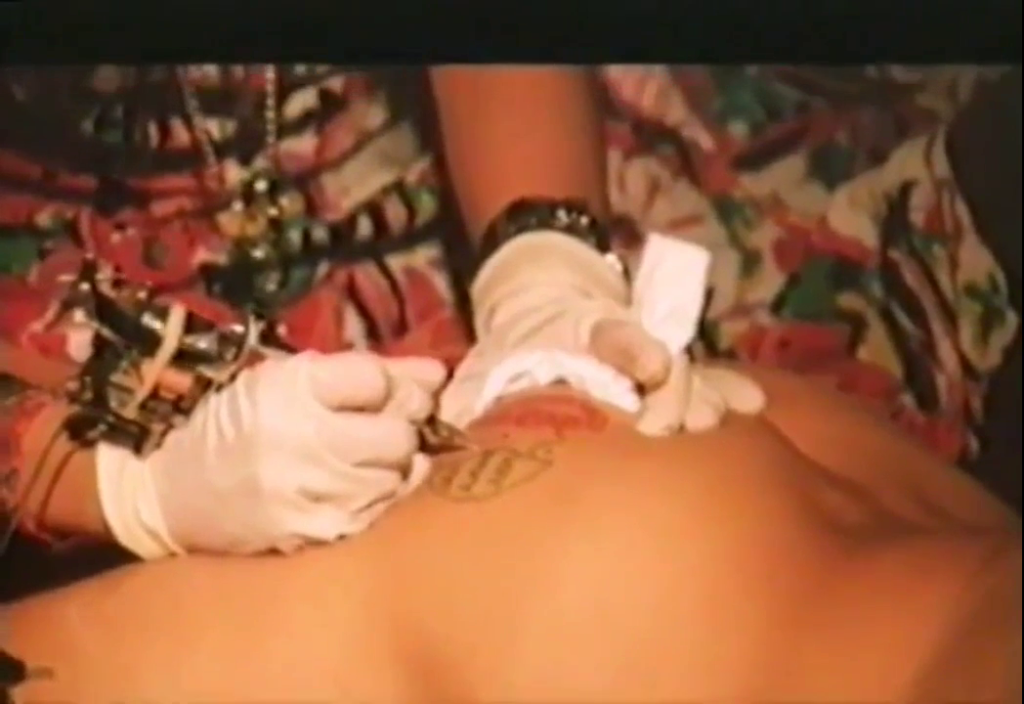
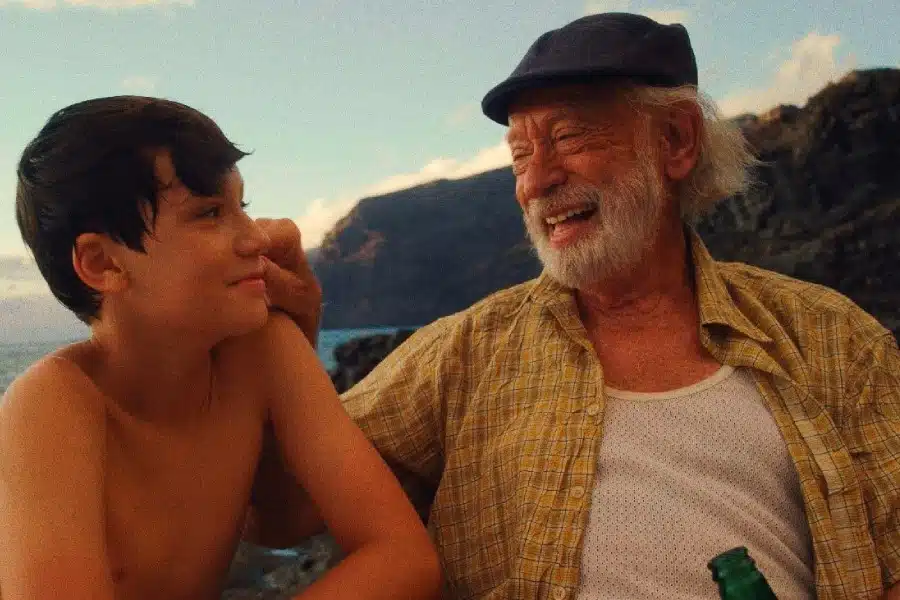
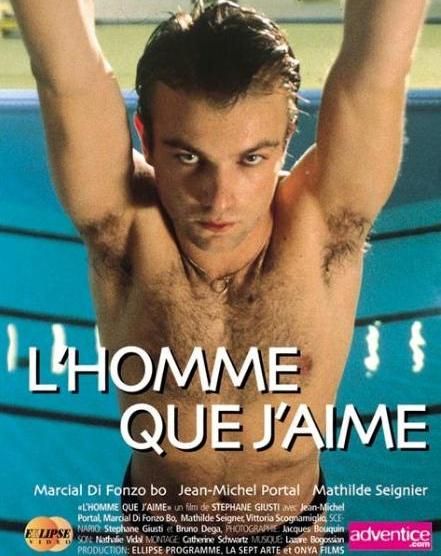
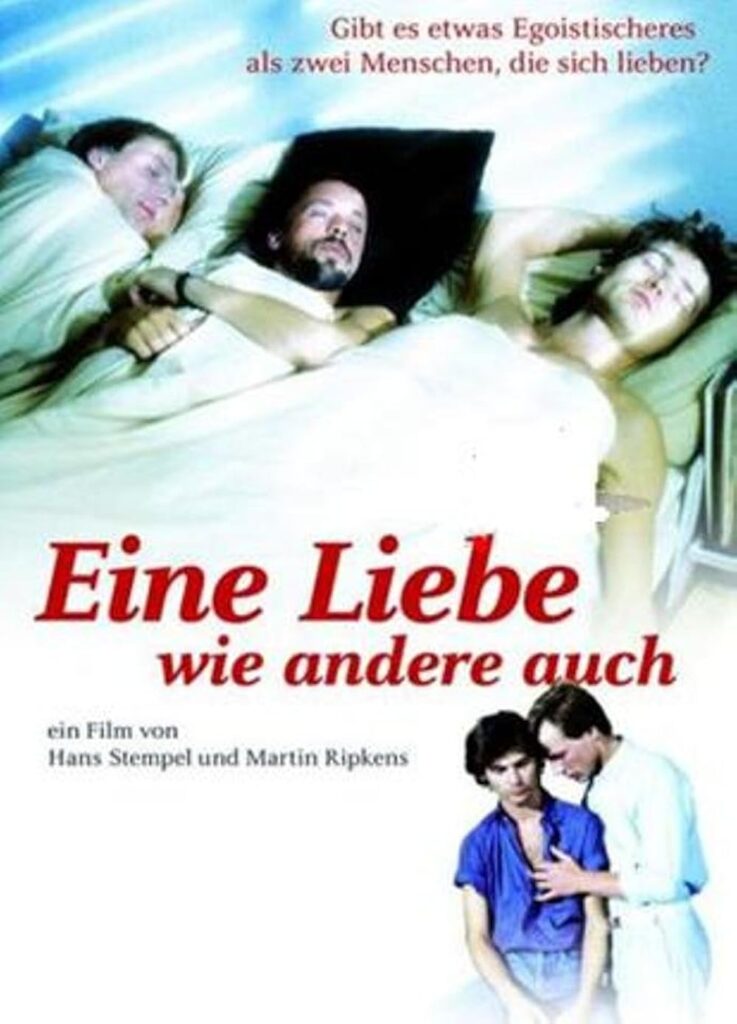
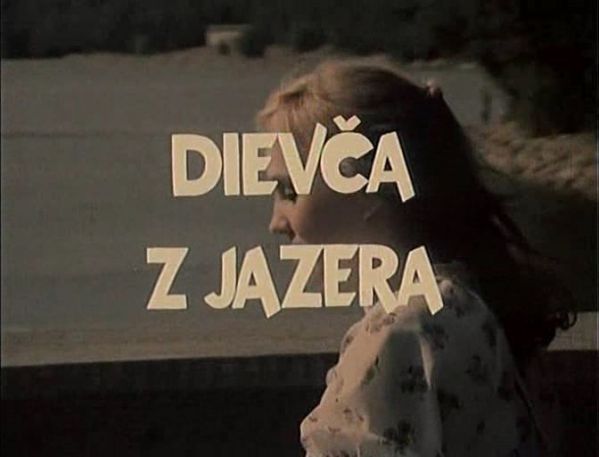
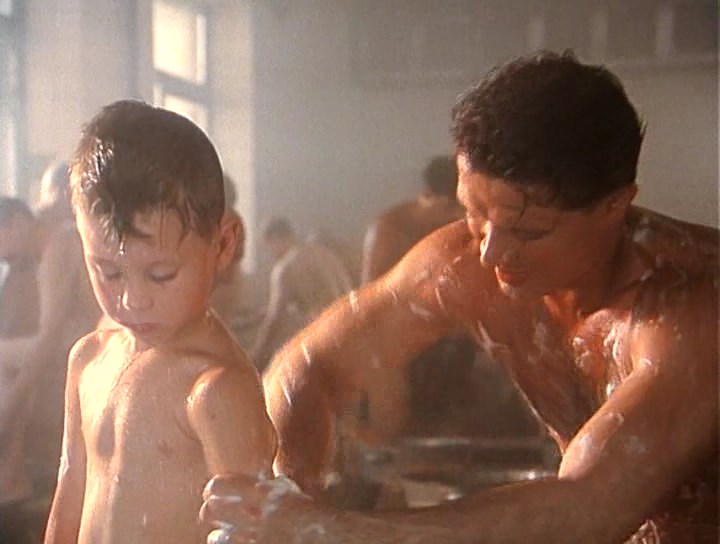
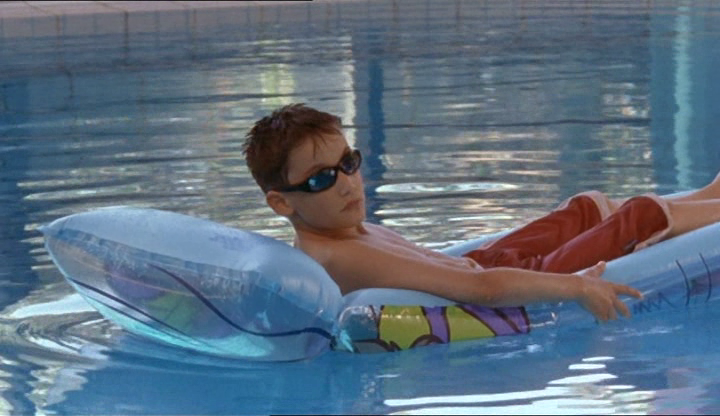
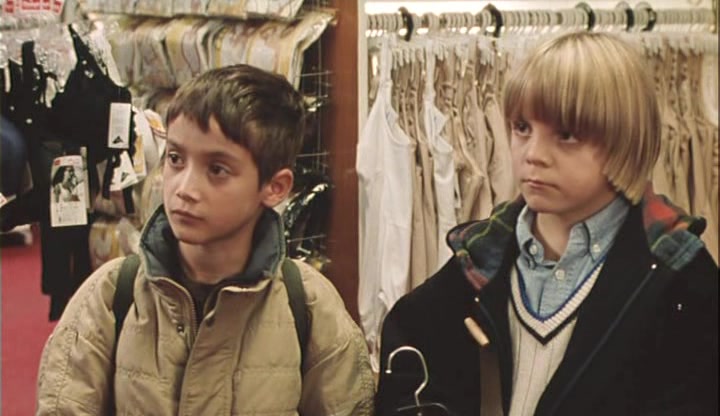
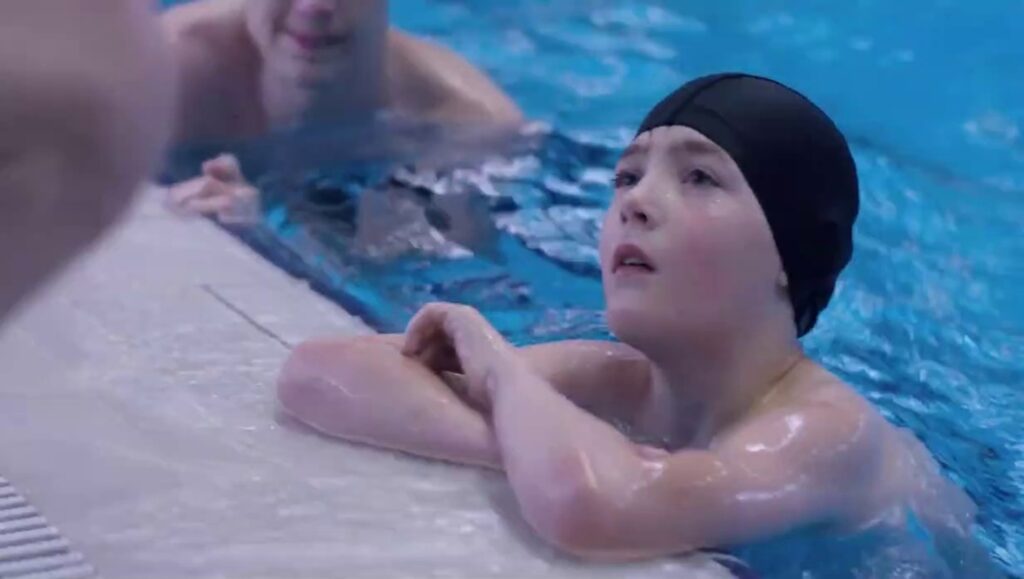
allan (verified owner) –
good quality film no problems with sub titles good value pleased with purchase
Anonymous (verified owner) –
A 13-year-old boy, Filipe, never gets any attention from his father. Filipe is surprised when one day the father, who he has ignored Filipe his whole life, proposes a vacation in the Azores islands with with just the two of them. The story unfolds from there. A father trying to connect with his son and a boy trying to connect with his father. The film is actually pretty good, has beautiful scenery, and even a plot twist that you will not see coming. I enjoyed “Adeus, Pai” (“Goodbye, Father” in English) very much. I think you will too if you watch it. So I recommend it.